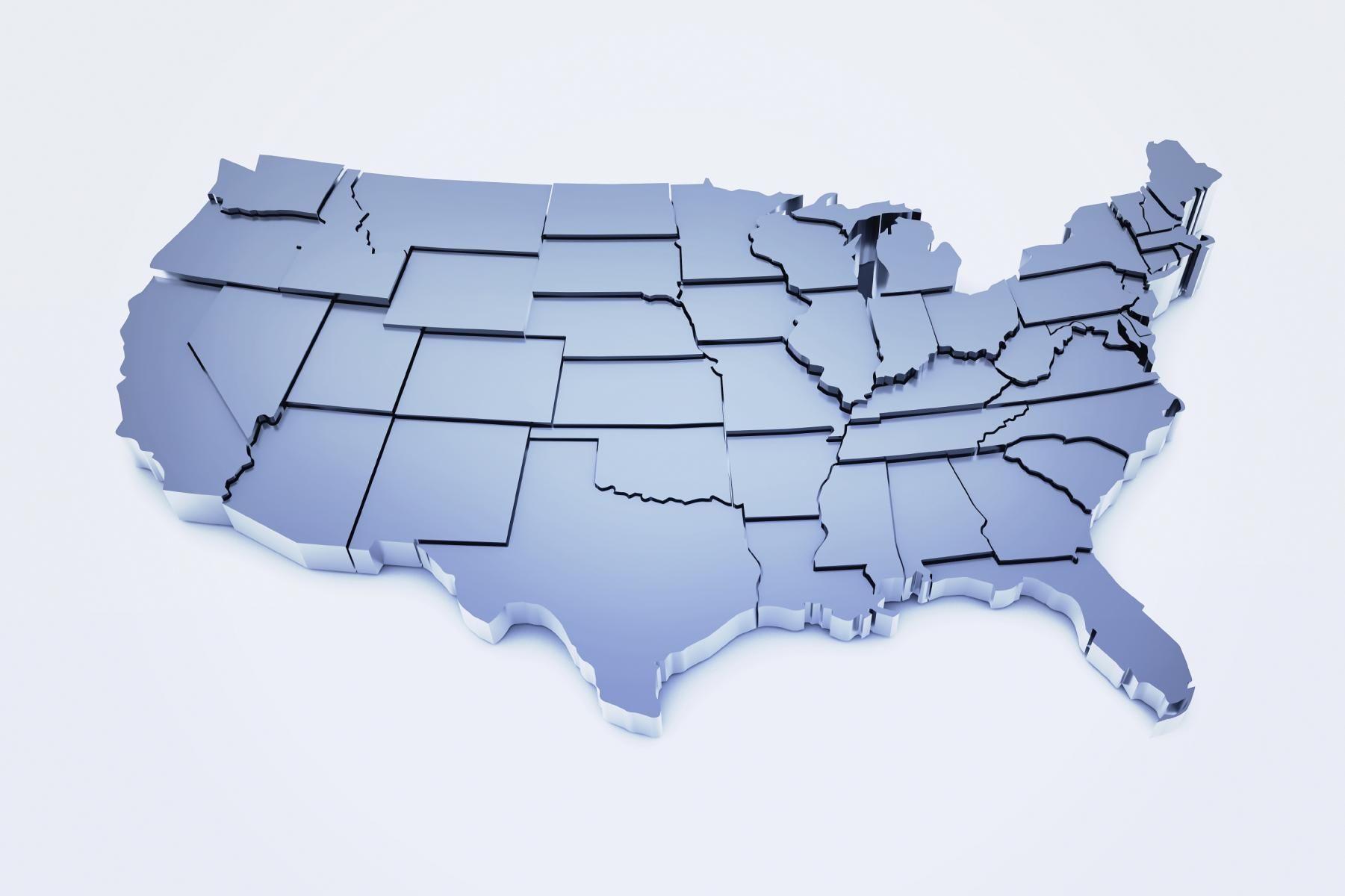Why Some States Will Have a Head Start on Hemp
The Industrial Hemp Farming Act of 2015 would only authorize growing of industrial help in states that have already made such growing legal.

Fresh out the gate of the 114th Congress comes the Industrial Hemp Farming Act of 2015, legislation that would widely make industrial hemp growing legal in the United States. With strong bipartisan support for both the Senate and House versions of the bill, it’s highly likely that we’ll see the birth of commercial hemp agriculture in the United States in the near future.
Like the 2014 Farm Bill before it, the Industrial Hemp Farming Act of 2015 still respects states’ rights to set their own hemp regulations. The Industrial Hemp Farming Act of 2015 would only authorize growing of industrial help in states that have already made such growing legal. Similarly, the 2014 Farm Bill, which currently allows researchers and state departments of agriculture to grow industrial hemp for research purposes, also authorized growing only in states where growing is legal.
Should the Industrial Hemp Farming Act of 2015 pass, there will still be states that do not allow commercial hemp cultivation, at least for the time being. The model says Michael McGuffin, president of the American Herbal Products Association (AHPA; Silver Spring, MD), will be akin to U.S. state and federal laws governing the sale of alcoholic beverages. “It’s not that out of the ordinary where there are federal regulations that govern various elements and state regulations that govern retail distribution. I think that’s fairly standard,” he says.
But states that do not make way for industrial hemp will be missing out on what may soon become a very valuable U.S. cash crop. In essence, these states “will be years behind” states that do allow it, says Chris Boucher, vice president at hemp CBD oil company US Hemp Oil/CannaVest Corp. (San Diego).
“Business is going to go where you can grow and sell your crop,” Boucher adds. Not only that but where business grows, so does research and innovation. The Industrial Hemp Farming Act of 2015’s plans to revoke industrial hemp’s current status as a Class I drug under the U.S. Controlled Substances Act will “open up the doors of economic investment, industry expansion, and commercialization,” Boucher says. “It opens up investment in the infrastructure of building the processing mills and seed-crushing factories and investment in the harvest equipment. Because right now, what company would want to invest in something if it’s a Schedule I substance?”
Perhaps even more important is the knowledge and know-how states investing in hemp early on will gain. While Boucher says that “it doesn’t take rocket science” to grow hemp, and that hemp scientists at CannaVest have researched the growing of hemp for decades, there’s still the matter of figuring out which are the most promising regions for hemp growing in the United States-the Sun Belt or Imperial Valley, for instance-or which species grow best or how best to obtain high yields
The Industrial Hemp Farming Act of 2015 will play a pivotal role in determining whether industrial hemp turns into domestic gold. But chances are high that it will. The message, lawmakers say, is that U.S. consumers want industrial hemp. And where constituent demand goes, state laws-and business and research-will eventually follow.
Also read:
Will FDA Grant Hemp GRAS, NDI Status If U.S. Hemp Growing Is Legalized?
Jennifer Grebow
Editor-in-Chief
Nutritional Outlook magazine
jennifer.grebow@ubm.com
Photo © iStockphoto.com/Bart Sadowski


















